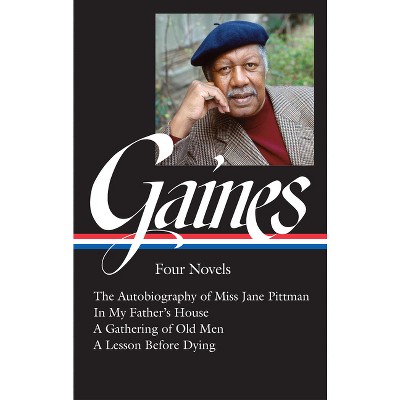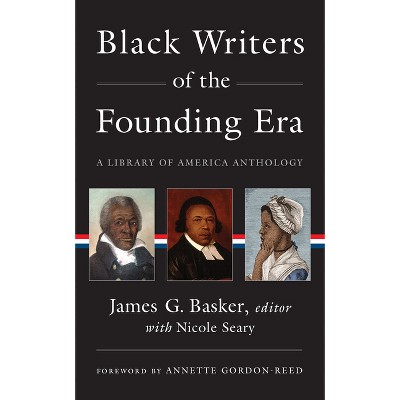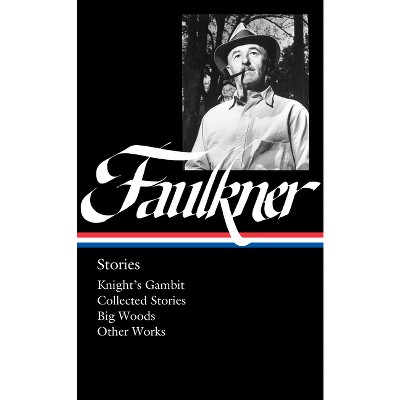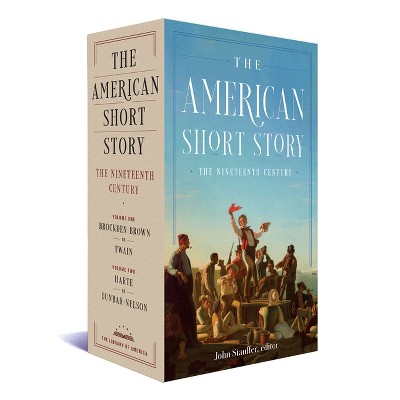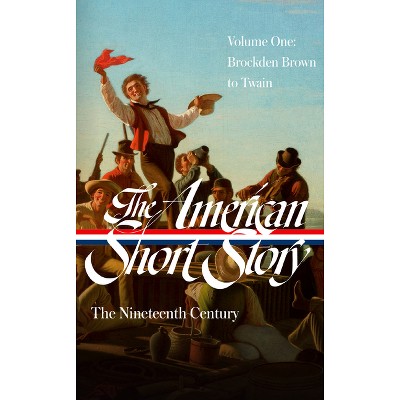About this item
Highlights
- Rediscover this gripping 1965 novel about race in America--set in a rural corner of Mississippi where slavery never ended From the Civil Rights Era comes an urgent allegory about the terror and tragedy of Jim Crow, with a new introduction by W. Ralph Eubanks The premise of Ronald Fair's short, parable-like novel, Many Thousand Gone: An American Fable (1965), is that in a rural corner of Mississippi--the fictional Jacobs County--slavery did not end in 1865 but continued uninterrupted into the 1960s through the brutal tactics of the local sheriff's office and the willing complicity of surrounding counties.
- About the Author: Ronald Fair was born in Chicago in 1932, spent three years as a hospital corpsman in the U.S. Navy and after his military service attended the Stenotype School of Chicago.
- 125 Pages
- Fiction + Literature Genres, African American
Description
About the Book
"The premise of Ronald Fair's short, parable-like novel, Many Thousand Gone: An American Fable (1965), is that in a rural corner of Mississippi--the fictional Jacobs County--slavery did not end in 1865 but continued uninterrupted into the 1960s through the brutal tactics of the local sheriff's office and the willing complicity of surrounding counties. Black outsiders are not allowed into Jacobs County while Black inhabitants attempting to escape are hunted down and killed. All the Black women in the county have been made sexually available to any white man for generations, resulting in the mixed blood of nearly all the enslaved population.
When the last all-Black child, "the Black Prince," is born, he is secreted out of the county by his great-grandmother and a family friend, and eventually makes his way north to join his father. Years later, when the Black Prince becomes a celebrated writer in Chicago, his growing fame puts an unwanted spotlight on Jacobs County, emboldening the enslaved population, exposing the white supremacists' false sense of superiority, and setting in motion a series of events that will change everything. Will the white population change with the times? Or will they willingly see the destruction of Jacobsville--the county's principal town--before sharing power with the Black population?"--Provided by publisher.
Book Synopsis
Rediscover this gripping 1965 novel about race in America--set in a rural corner of Mississippi where slavery never ended From the Civil Rights Era comes an urgent allegory about the terror and tragedy of Jim Crow, with a new introduction by W. Ralph Eubanks The premise of Ronald Fair's short, parable-like novel, Many Thousand Gone: An American Fable (1965), is that in a rural corner of Mississippi--the fictional Jacobs County--slavery did not end in 1865 but continued uninterrupted into the 1960s through the brutal tactics of the local sheriff's office and the willing complicity of surrounding counties. Black outsiders are not allowed into Jacobs County while Black inhabitants attempting to escape are hunted down and killed. All the Black women in the county have been made sexually available to any white man for generations, resulting in the mixed blood of nearly all the enslaved population. When the last all-Black child, "the Black Prince," is born, he is secreted out of the county by his great-grandmother and a family friend, and eventually makes his way north to join his father. Years later, when the Black Prince becomes a celebrated writer in Chicago, his growing fame puts an unwanted spotlight on Jacobs County, emboldening the enslaved population, exposing the white supremacists' false sense of superiority, and setting in motion a series of events that will change everything. Will the white population change with the times? Or will they willingly see the destruction of Jacobsville--the county's principal town--before sharing power with the Black population? An introduction by W. Ralph Eubanks explores Fair's extended metaphor for Black life under Jim Crow and reflects on the power of literature to illuminate the past.About the Author
Ronald Fair was born in Chicago in 1932, spent three years as a hospital corpsman in the U.S. Navy and after his military service attended the Stenotype School of Chicago. For twelve years he worked as a court reporter. His writing appeared in the Chicago Daily Defender and the Chat Noir Review before the appearance of his critically acclaimed first novel, Many Thousand Gone: An American Fable (1965). Fair published a half dozen books in his career, including the novels Hog Butcher (1966), World of Nothing (1970), and We Can't Breathe (1972) as well as a collection of poetry. Hog Butcher was adapted to the screen as Cornbread, Earl and Me (1975), starring Rosalind Cash and Laurence Fishburne. Increasingly disenchanted with American politics and culture, Fair left the United States for Finland in 1971, where he became a sculptor. He died in 2018. W. Ralph Eubanks is the author of A Place Like Mississippi, Ever Is a Long Time: A Journey into Mississippi's Dark Past, and The House at the End of the Road: The Story of Three Generations of an Interracial Family in the American South. From 1995 to 2013 he was the Director of Publishing of the Library of Congress in Washington, D.C., and he is the former editor of the Virginia Quarterly Review. Currently he is the faculty fellow at the Center for the Study of Southern Culture at the University of Mississippi.Shipping details
Return details
Trending Fiction







